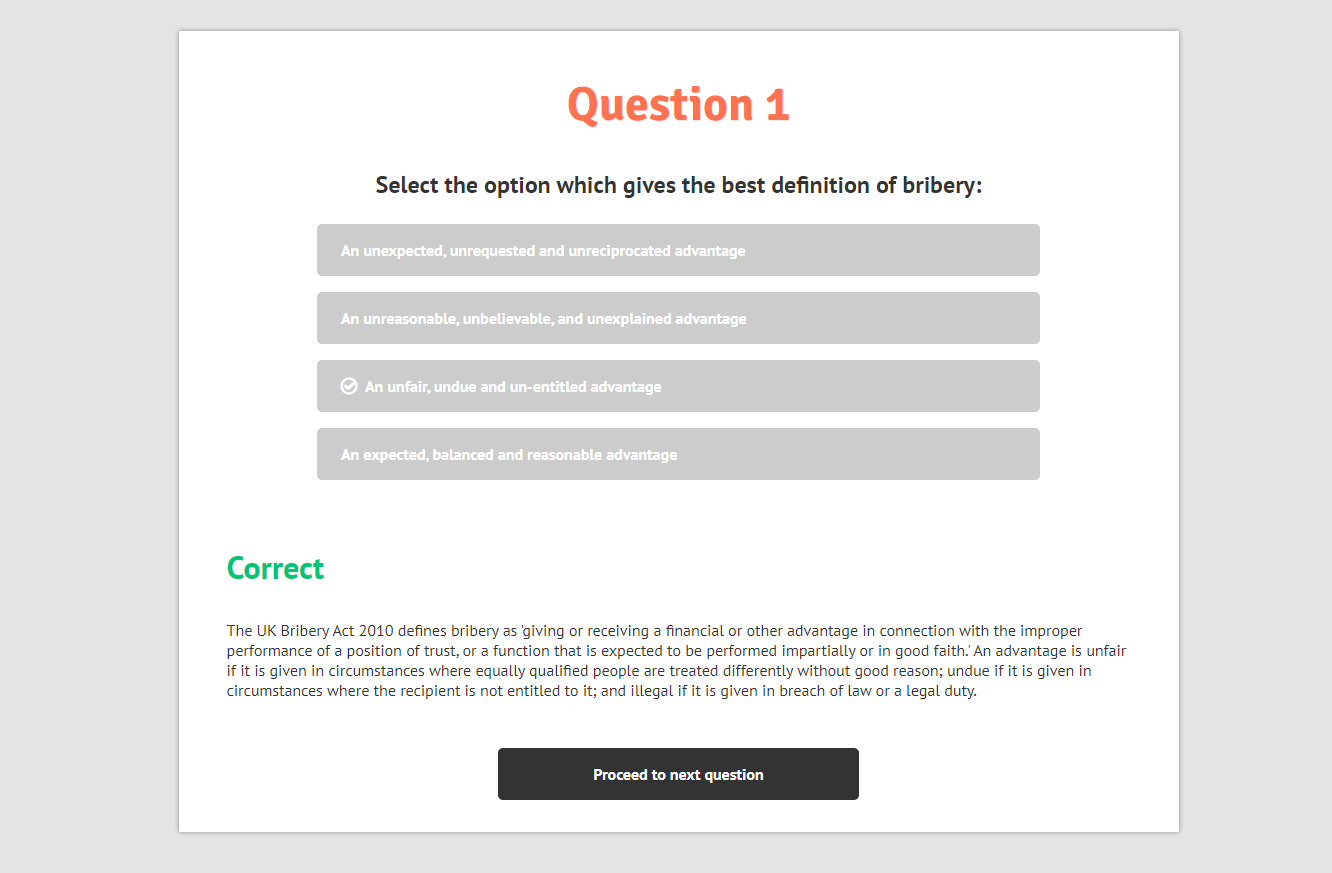Features & improvements
Folders for admin dashboard
- Admins can now organise their forms into folders. You can get started with folders by selecting ‘New folder’ on the forms dashboard.
- Sorting preferences on the dashboard will now automatically save between sessions.
Counter widget improvements
- The counter widget can now count responses for dropdowns, multi select questions, and date fields.
DAC6 reporting
- Reporting for Taxpayers is now available for all relevant jurisdictions.
- We’ve implemented XML reporting for Romania and Lithuania.
Form and field deletion
- The system will now display more details about which form or field you are about to delete to avoid any nasty accidents.
Bug fixes
- Fixed an issue for clients using SSO where direct links to forms in system emails were not directing admins to a specific submission.
- Fixed an issue where the width of the grey background on exported submissions sometimes varied from page to page.
- Fixed an issue where field placeholders were not appearing properly in reminder emails to administrators.
- Fixed an issue where turning a customised system notification off and back on would revert the email text back to the default template.
- Added more detailed error messages to the user bulk upload process.















